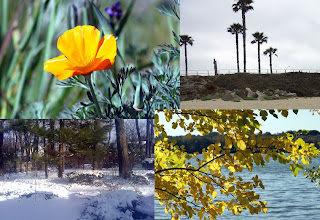Spectator sports brought about a whole different kind of fan; loud at times, loyal, swelling with pride and perhaps swigging a brew.
And then there are those “fans” in Social Media, namely Facebook. Remember “fanning” a page? Despite the changeover of terminology, we’re stilling referring to them as our fans (at least I am). “Likers” just sounds too awkward.
Who ARE these people who have indeed “fanned”, oops, “liked” your page? They include:
Your friends (admit it; you may have strong armed a few however they generally have an interest for your page else they wouldn’t be there in the first place)
- Your friend’s friends (since they may see activity for your page)
- People who searched on Facebook and happened to find you
- Tweeps or users of other social networks (if you are promoting your page on Twitter or elsewhere)
- Enthusiasts (who will share and promote you if they really dig you.)
- Friends of enthusiasts who are enthusiasts (who found your page via their friends)
- Spammers (they’ll post spam soon after liking your page so they’re not there for long unless you've been ignoring the upkeep of your page)
- Fans who are “Talking About This”: They consist of new fans “liking” the page, clicking like on a post, commenting on, tagging, mentioning or sharing a page, checking in (if you have a location) and those who are coming to an event (if your page offers events). These are important fans!
Note that a fan can fall into more than one of these categories.
Where do YOUR new fans come from? Are they mostly your friends? If so, concentrate on growing that fan base since your friends may not be typical enthusiasts of your product or service, thus skewing the demographic information that Facebook provides. Not a breeze to do but they may catch wind of you via a Facebook ad or via your blog if you have one.
And why did Facebook make the change in the first place? They state: To improve your experience and promote consistency across the site, we've changed the language for Pages from "Fan" to "Like." We believe this change offers you a more light-weight and standard way to connect with people, things and topics in which you are interested.
Hello Facebook, this rationale is rather broad in scope. Would have been nice to have asked US first. Or are you planning to use a 1 to 10 scale at some point (see my thoughts on that issue here).
It’s been over a year and half since the change, Are you stilling calling them “fans”?
Donovan “caught the wind” early on his career. Click here to enjoy his folky sounds.
This blog is part of the Blogging A to Z Challenge. Here's E, D and C.





